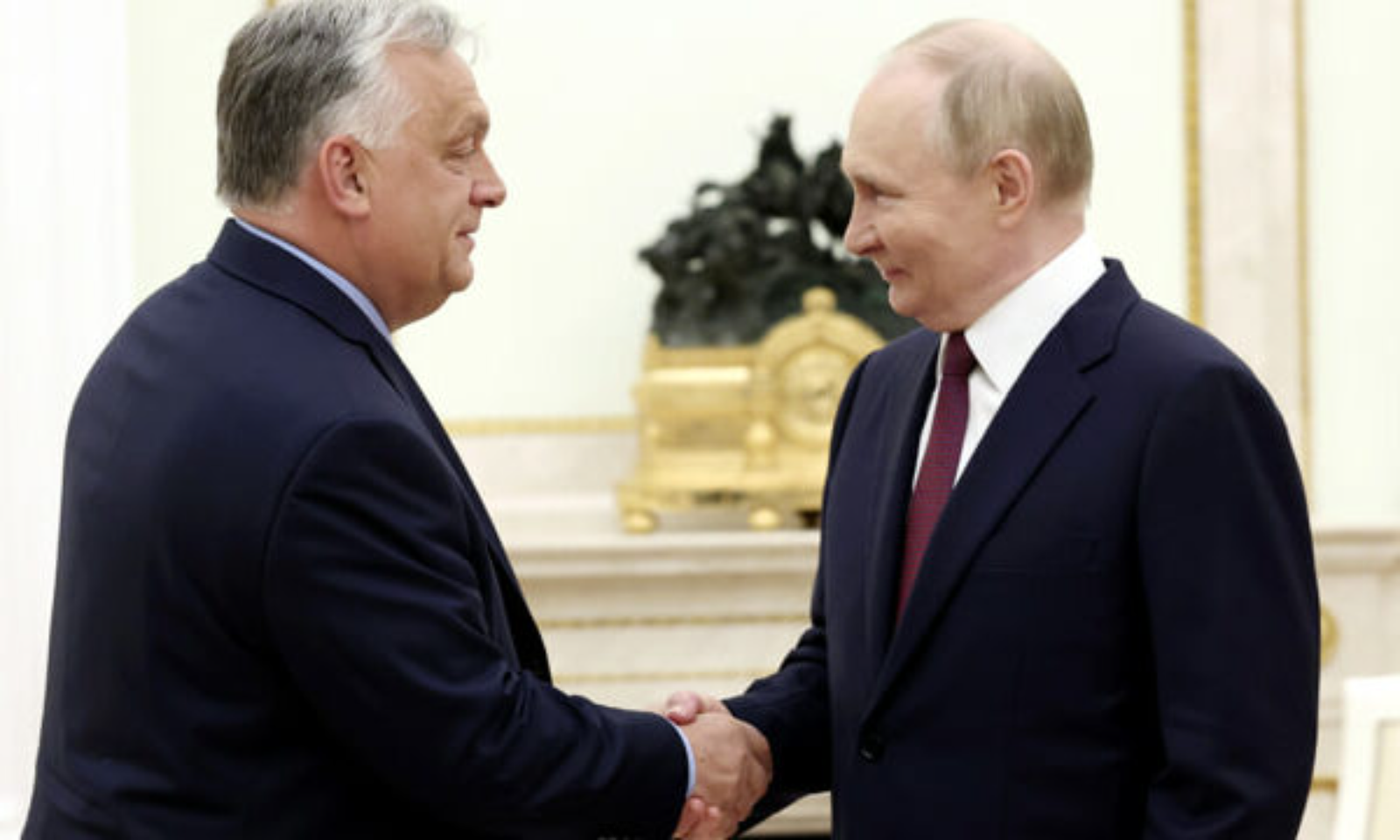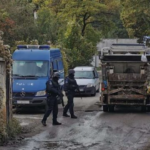The alarm in Europe is sounding and has been sparked by Hungary, which has simplified the conditions for issuing work visas and entering the country for Russian and Belarusian citizens.
An election – several European media reports – which has raised concerns from many sides about security risks and is read by many as a favor that Hungarian leader Viktor Orbán is doing to Russian President Vladimir Putin.
On July 8, Hungary published in the Official Gazette the list of all the nations included in its system for the fast-track issuance of work visas, which until then only citizens of Serbia and Ukraine were eligible.
Since then, citizens of Russia, Belarus, Moldova, Montenegro, Bosnia and North Macedonia can also apply for this simplified work visa – the issuance of which is faster – intended for third-country nationals who want to work for a long time in Hungary and from which the owners and directors of companies (or other legal entities) with economic activity in the Hungarian country can benefit.
So, for citizens of 8 countries, including Russia and Belarus, they will be able to enter Hungary without security checks or other restrictions. Budapest has stated that many of them will build a nuclear power plant with Russian technology.
The move, however, caused an immediate reaction from the EPP. In a letter first seen by the Financial Times, Manfred Weber pointed out that Budapest’s decision will allow Russians – who have not been subject to security checks – to travel unhindered across much of the EU and raises “concerns serious for national security”. In the letter, addressed to the President of the European Council, Weber asks that the 27th summit at the end of October deal with this issue.
The Commission spokesman, asked about the file, explained that the EU executive will contact the Hungarian authorities to clarify whether the measures “contrary to EU rules”.
For this reason, the spokeswoman for the European Commission for Internal Affairs, Anitta Hipper, said that Brussels will contact the Hungarian authorities to clarify whether this goal conflicts with EU rules. The spokeswoman of the EU underlined that Hungary is obliged to verify whether all the conditions for entry into Schengen, defined in the Border Code that regulates the free movement zone, have been met.
This includes, she said, not only the possession of a valid visa or residence permit, but also the absence of a notification in the Schengen system, which could justify the refusal of entry.
“For the EU, Russia represents a security threat and states must ensure the security conditions of both the EU and the Schengen area,” explained Hipper.







